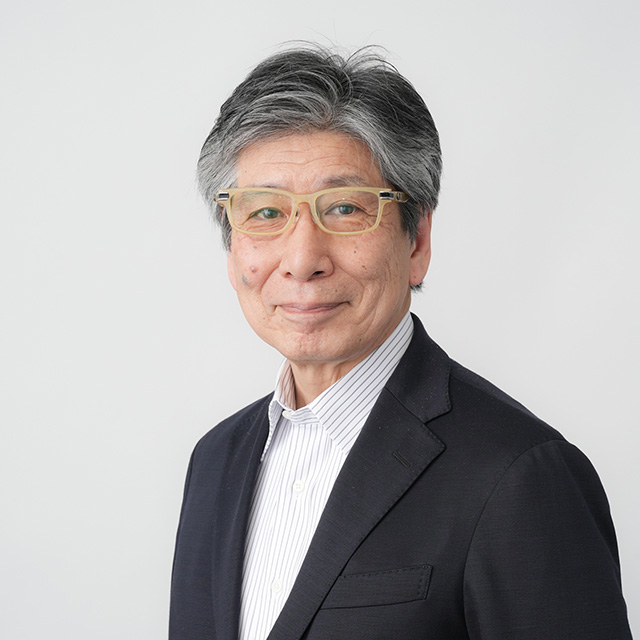We aim to provide both “image of an attractive target” and “concrete solutions”

Chairperson Masato OHNO
Since our establishment in 1971, we have boldly tackled diverse challenges and created social value across three key areas: “Environment, Energy, and Resources”, “Urban Space and Local Communities” and “Partnerships with Developing Nations”, guided by foresight into future trends.
The Paris Agreement, adopted at COP21 of the United Nations Framework Convention on Climate Change (UNFCCC) in December 2015, came into force on November 4, 2016, marking a significant milestone in global climate action. Since then, a wide range of international measures targeting 2030 have been set into motion. In parallel, the United Nations’ Sustainable Development Goals (SDGs), also established in 2015, outline 17 key areas for global progress by 2030.
To achieve the long-term objective of reducing greenhouse gas emissions by 80% by 2050—aligned with the 2°C target—urban development and the transformation of socio-economic systems through radically reimagined energy use are essential. In essence, the creation of a carbon-free society, as articulated in our core philosophy, is not only necessary but urgent.
As the challenges we face grow increasingly complex and multi-layered, we strive to offer both a compelling vision of the future and practical, actionable solutions. Our goal is to contribute meaningfully to society as professionals who collaborate closely with stakeholders to address a wide range of pressing issues.
We look forward to providing our services to ministries, academic and research institutions, local governments, community organizations, and private sector partners.
